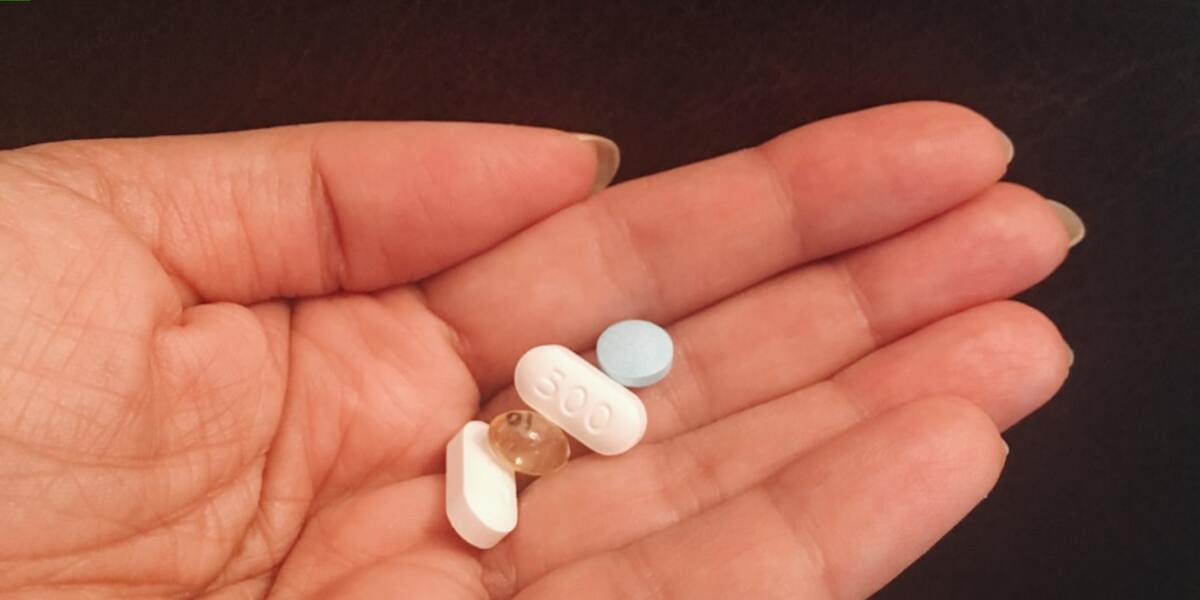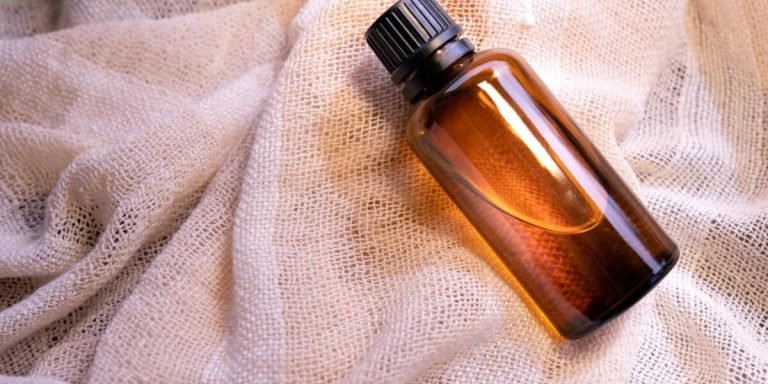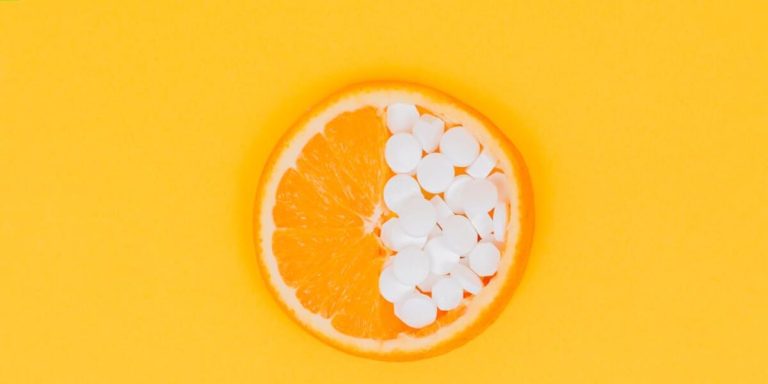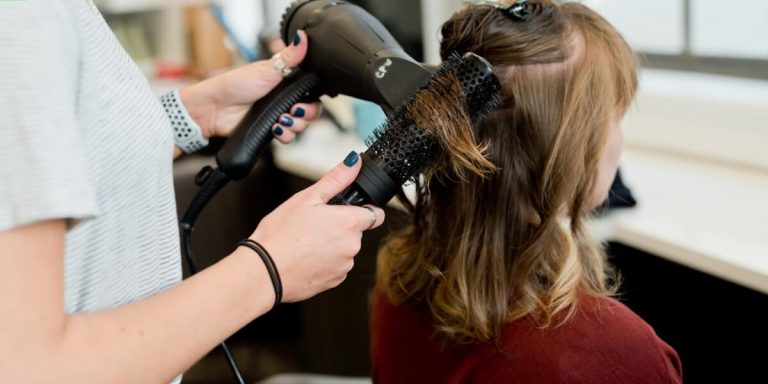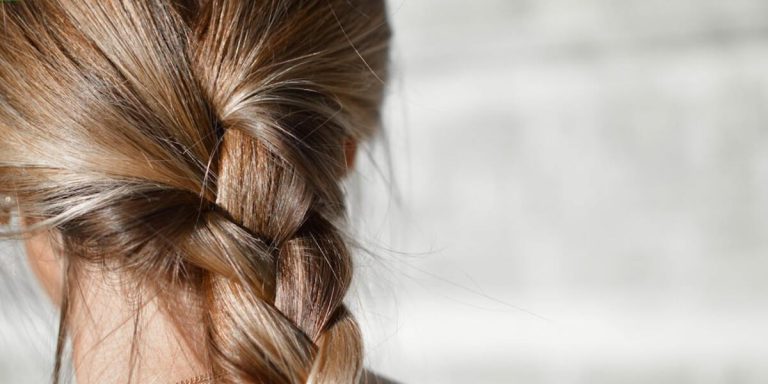Vitamin D Hair Growth: Exploring Scientific Connections and Impact
The quest for thick, lustrous hair often leads us to explore various products and treatments. However, many overlook the impact of vitamins on hair health. Vitamin D is crucial not only for its role in calcium absorption but also for promoting healthier skin and bones. As science delves deeper into these benefits, it has begun exploring an interesting area: “Vitamin D Hair Growth.”
More specifically it hints at how adequate levels of Vitamin D may boost hair growth while deficiencies could be causing your precious locks to fall out prematurely or thin abnormally. The scientific community’s curiosity about this relationship between vitamin D and hair growth is still expanding as they discover more fascinating connections every day.
Did you know?
Fact: A compelling study in the British Journal of Dermatology found that Vitamin D can revive hair follicles that have become dormant and no longer produce strands, thereby directly impacting hair growth.
Understanding the Role of Vitamin D in Hair Growth
Vitamin D, often termed the “sunshine vitamin”, plays a crucial role in maintaining overall health – and this includes your hair too. This nutrient isn’t just involved with mining calcium for healthy bones; it’s also pivotal to cell growth stimulation, including those found within our hair follicles. A deficiency of Vitamin D can lead to compromised hair health and may result in conditions like alopecia or thinning strands.
Are you wondering how exactly does Vitamin D contribute towards your tresses? Well, each strand of our mane is produced inside tiny cavities present in the skin called ‘hair follicles’. As we age or fall prey to certain unhealthy habits or ailments these follicles suffer damage which consequently disrupts natural, regular hair production.
Here’s where Vitamin D steps into the picture! It helps create new pores from where new hairs can sprout.
Clinical studies show that individuals with alopecia often lack vitamin D, highlighting its importance for scalp health. In 2023, the dietary supplement industry continues to innovate, focusing on potent formulas enriched with essential nutrients. These nutrients include:
- Vitamin A
- Vitamin D
- Vitamin E
- Vitamin K
- Biotin
These targeted supplements aim to improve internal body functions and enhance the appearance of shiny hair.
The Science Behind Vitamin D and Follicle Health
Vitamin D, often referred to as the ‘sunshine vitamin’, plays a pivotal role in maintaining follicle health and promoting hair growth. It’s not just about absorbing calcium or boosting our bone health; it has an equally crucial part when it comes to our tresses.
Scientific research into Vitamin D indicates that this potent nutrient aids in stimulating the old cells of your follicles. Your scalp contains tiny pores considered as roots for each strand of your hair – these are known as follicles. Each one needs constant nourishment from nutrients like Vitamin D for healthy cell production which eventually leads to sustained hair growth.
Interestingly enough, there is also evidence suggesting how deficiencies may contribute towards conditions such as alopecia areata—an autoimmune condition characterized by severe bald patches—further emphasizing why maintaining proper levels isn’t merely beneficial but necessary!
Addressing Deficiencies: How Low Vitamin D Affects Your Hair
Vitamin D, often referred to as the ‘sunshine vitamin,’ is crucial for maintaining optimal hair health. Numerous scientific studies have highlighted its significance in promoting hair growth and mitigating the effects of conditions resulting in hair loss.
One prominent way Vitamin D influences your tresses is by stimulating new and old follicles – tiny pores where each individual strand grows. When there’s a deficiency of Vitamin D in your body, these vital follicles may struggle or even stop generating new strands altogether leading to an unwanted thinning out appearance.
Sufficient intake of this essential nutrient aids in creating fresh cells within our scalp while also pushing older ones outside; contributing directly towards thickening those luscious locks. Having said that, inadequacy could interrupt this process hence causing stunted growth or worse -hair fall!
Low levels might lead not only to decreased volume but can affect the overall structure too due it being necessary for keratin production- a protein forming significant part of each strand’s structure providing strength & elasticity preventing breakage.
Top Sources of Vitamin D for Optimal Hair Growth
Vitamin D doesn’t just keep your bones healthy – it’s also a crucial component in maintaining the health of your hair. Known as ‘the sunshine vitamin’, Vitamin D plays an instrumental role in stimulating new and old hair follicles, optimizing the scalp environment for better absorption of nutrients which directly translates to healthier, stronger and longer hair growth.
The top sources of Vitamin D come from direct sunlight exposure daily. However, this isn’t always possible due to geographical location or lifestyle factors that limit outdoor activities. Thus incorporating food rich with vitamin D into one’s diet becomes paramount for not only boosting overall health but specifically targeting optimal hair growth.
Foods that are excellent sources of Vitamin D nourishment include:
- Fatty fish such as salmon and mackerel
- Fortified dairy products
- Cereals
- Mushrooms grown under UV lights
- Egg yolks
You can easily integrate these items into daily meals.
When you find it challenging to get sufficient intake through natural foods, consider using supplements to bridge the nutritional gap. This ensures that you supply enough tools necessary for achieving luxurious locks brimming with vitality.
Dietary Intakes: Foods Rich in Vitamin D
Incorporating Vitamin D into your diet can play a pivotal role in promoting optimal hair growth. This fat-soluble vitamin manages calcium absorption, which directly contributes to the health of your follicles and strands. Here’s an overview of some food sources rich in Vitamin D that can work wonders for healthy locks.
1. Fatty Fish: The first place to look when increasing dietary intake of essential nutrients often is fatty fish like salmon, mackerel or tuna – all known for their high concentrations of Vitamin D.
2. Eggs Yolks: While eggs are mostly known for being protein-rich, it’s worth highlighting egg yolks as a significant source too – another reason why breakfast just got more appealing!
3. Cheese: Certain types such as blue cheese or cheddar serve as good reservoirs for this critical vitamin along with providing other essential vitamins and minerals needed by our bodies on daily basis.
Supplementation and Sun Exposure: Boosting Your Levels Naturally
Vitamin D is an essential nutrient that plays a crucial role in hair growth. This sunshine vitamin, as it’s often called, helps stimulate the cells within the hair follicle, promoting healthier and more vigorous growth of your locks.
You can attain Vitamin D primarily through supplementation and sun exposure. Let’s delve into each one.
Supplements can prove beneficial for those unable to get enough sunlight or maintain a balanced diet replete with adequate sources of Vitamin D. They come in various forms like capsules, tablets or liquid drops giving you plenty options according to your preference.
Before starting any supplement regime though remember certain facets:
i) Always consult with healthcare professional first ensuring they’re suitable for your health condition.
ii) Follow suggested dosage; excessive intake may lead detrimental effects such as nausea or kidney problems.
Monitoring and Measuring the Impact of Vitamin D on Hair Regeneration
Understanding the relationship between vitamin D and hair growth is crucial in today’s modern health science. As we’ve noticed, a deficit of certain vitamins can lead to various adverse effects on the body – one such effect being slower or impeded hair regeneration. Vitamin D specifically plays an integral role in this scenario.
Scientific research has displayed that vitamin D stimulates new and old hair follicles. When there’s insufficient levels present, it may contribute to alopecia or other forms of hair loss conditions. Many individuals are unaware they’re lacking adequate amount of this essential nutrient as symptoms don’t appear immediately and subtly creep up like thinning strands.
Monitor changes in your overall wellness after increasing your intake to get quantifiable evidence of how impactful proper supplementation is for bodily functions, including faster, healthier replenishment for luscious locks. Incorporate more vitamin D-rich sources into your daily diet without feeling overwhelmed. Consider the following:
- Fatty fishes like salmon or mackerel
- Fortified dairy products
- Egg yolks
Along with ample sunshine, these can help address shortages that might slow down follicular activity and restore the optimal balance each strand requires.
While comprehensive studies measuring impact over time need even deeper investigation into precise dosage appropriate for different bodies based varying factors – maintaining enough level proved vital not only better mane but also stronger bones immune system too all interlinked supporting healthy well-functioning human machinery!
Tracking Progress: Methods to Assess Hair Health Over Time
To effectively monitor and measure the results of Vitamin D on hair growth regeneration, there are several methods that can be used to keep track of progress. These techniques will allow you to make informed decisions about whether your chosen supplements or nutritional boost is truly beneficial for your hair health.
Firstly, taking regular photographs is a simple yet effective tactic. Capture images in properly lit conditions preferably under natural light at least once every week. Keep an eye out for noticeable changes such as new baby hairs along the forehead line or a general increase in volume across all areas.
Secondly, consider trying the ‘pull’ test – gently tug a small section of your locks and see how many strands come away easily. A lower number over time could indicate less shedding due to stronger roots which may be attributed to fulfilling Vitamin D deficiencies.
Thirdly, using measurements can also give insight into improving hair thickness when supplementing with vitamin D. For consistency purposes always measure same sections (such as directly behind ear) from scalp through length periodically.
Lastly and most scientific approach would be professional microscopic analysis where dermatologists take samples called trichograms allowing visual examination of each individual follicle’s stages revealing data like active growing phase percentages (anagen), resting stage phases(telogen). Regular reports show changing patterns indicating improved health status possibly resulting from right balance nutrients including crucial element like Vit.D.
Analyzing Changes: Correlating Vitamin Levels With Hair Thickness and Strength
In developing a correlation between Vitamin D levels and hair growth, it’s imperative to consider the tangible changes in thickness and strength of your hair. A balanced intake of Vitamin D plays an integral role here.
Firstly, let’s look at how our body processes this vital nutrient. Upon exposure to sunlight or through dietary sources such as fish oil supplements, our system converts these resources into usable forms – primarily calcitriol which is necessary for healthy follicular function. When we stay sufficiently supplied with Vitamin D, we allow optimal conditions for both new cell generation and nourishment of existing cells within the scalp region.
The paramount signal indicating an improved vitamin regime is noticing thicker locks over time. Thickness highlights not just amplified numbers but also healthier strands overall striving towards their maximum potential lifespan before shedding naturally – all thanks to abundant nutrition from optimized dosages of Vitamin D.
Resilience or stand strength indicates the internal health status and manifests as reduced breakage and enhanced elasticity due to proper hydration. Regularly supplying water through efficient pathways, supported by vitamins like Vitamin D, improves moisture retention in hair strands. Consequently, this boosts tensile strength, resulting in overall stronger hair.
Conclusion
In a nutshell, the connection between vitamin D and hair growth isn’t just a whimsical notion. The science supports it too! Ingraining sufficient vitamin D into your routine could well be one of the most promising steps you take towards that lush mane you’ve always dreamt of.
However, don’t let your learning journey stop here. Continue to explore our website for more invaluable insights on ‘Hair Growth Vitamins’. Abundant knowledge awaits you right around the corner – after all, when it comes to creating healthier and stronger locks, every bit helps.
So why wait? Start browsing now and embrace informed decisions about nurturing those beautiful tresses!

